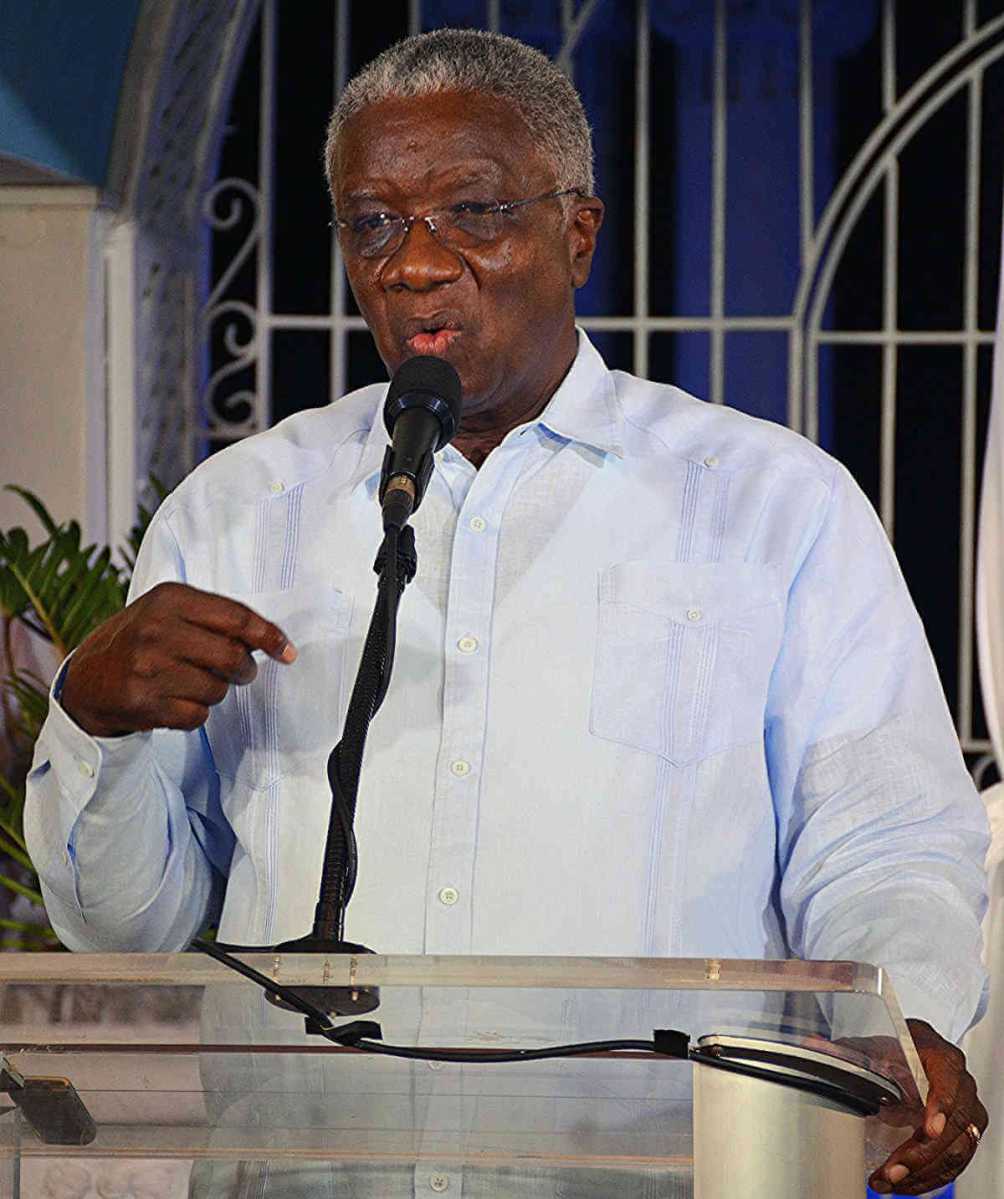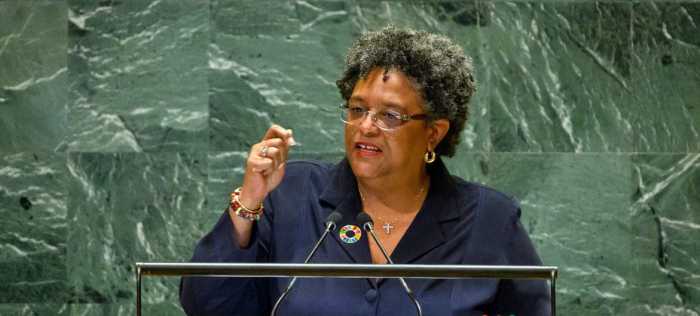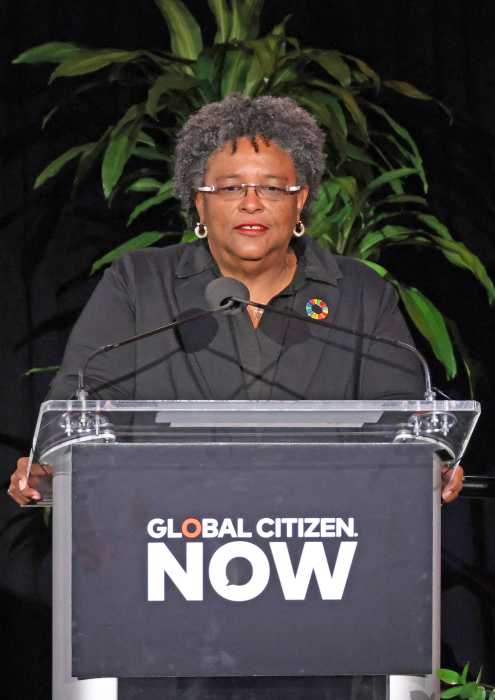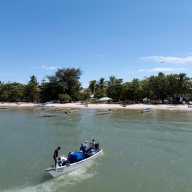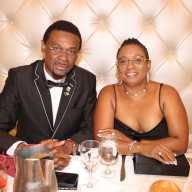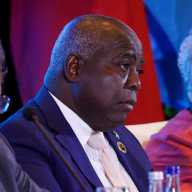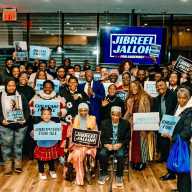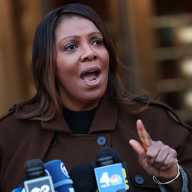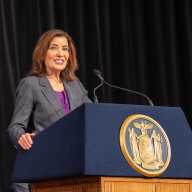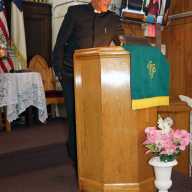Though they all welcome Barbados Prime Minister Freundel Stuart’s announcement of an elections date the business community wants it over quickly, one politician is concerned about a clash with school examinations, and an academic accused the prime minister of dictatorship.
Following a delay of 50 days since the automatic dissolution of parliament, Stuart on Thursday named May 24 as the date for Barbadians to go to the polls to elect their 11th government since independence in 1966.
This is the first time in an independent Barbados that the entire five-year term of a government was allowed to elapse, and general elections called after the natural dissolution of parliament.
In the 50 days since parliament expired, members of the business community have been the most anxious, claiming that the prime minister’s reluctance to call a date has resulted in a slow-down in purchases and investment.
“We welcome it [election date] and we welcome a good process and we welcome getting down to business after it,” Barbados TODAY newspaper reported the Private Sector Association president, Charles Herbert saying. “The sooner the elections are done in the way we are accustomed to in Barbados and are behind us, that would bring the certainty.”
President of Barbados Chamber of Commerce and Industry, Eddy Abed, told the Nation newspaper, “I sense that most of the business community are elated that an election date has finally been announced as the atmosphere was thick with anticipation.”
Both Nomination Day, set for May 07, and the elections date clash with the Caribbean Secondary Education Certificate (CSEC) examinations, which runs from May through to June.
The issue here is not only that the same schools used as examinations rooms may function as polling stations, but also that some of the students writing those exams have just past the age of majority, 18, making them eligible to vote.
“We are conscious that there may be some students who are first-time voters who are anxious about two momentous occasions in their life which may clash. This government therefore needs to explain to this country as soon as possible about what arrangements would be made to minimize this anxiety,” Barbados Labour Party leader Mia Mottley said.
She went on to accuse Stuart’s administration of being unable to plan an election.
“This is a royal fumble. He had five years to try to choose a date and ended up choosing dates that will cause significant inconvenience to two large sections of the community.”
But a governing Democratic Labour Party spokesman, Stephen Lashley, hit back, pointing out that Mottley’s BLP had called two elections in May, in 1986 and 2003.
“I have got the assurance from the Ministry of Education [it] has got everything for students that is required to be in place to have those examinations conducted and certainly in relation to the examination centres, there was early consultation with the Electoral Commission,” Lashley said.
Regardless of the politics surrounding the date for elections, former dean of the University of the West Indies Faculty of Social Sciences George Belle accused Stuart of abusing his power by his delay in naming an election date.
Noting that Stuart waited until deep into the flexible period allowed by the constitution before naming a date for the poll, Belle said. “He abused the period by taking it for no proper reason,” the political scientist said, and went on to describe the prime minister’s action as, “a de facto dictatorship, which means by fact and not by law he is engaging in dictatorial behaviour because there is no accountability, no check and balance on what he can do in that period other than the law.”


